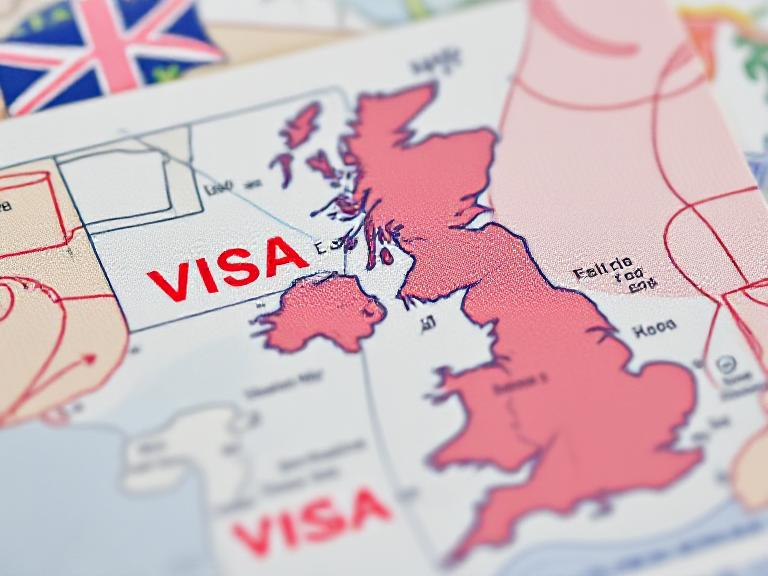Featured News
Posts List
Posts Slider
Health
The nursing workforce may be greatly impacted by new immigration laws and delayed pay.
The nursing workforce may be greatly impacted by new immigration laws and delayed pay. International nursing care workers may not be able to renew their visas due to England’s delayed NHS pay award.
Move to UK
The nursing workforce may be greatly impacted by new immigration laws and delayed pay.
The nursing workforce may be greatly impacted by new immigration laws and delayed pay. International nursing care workers may not be able to renew their visas due to England’s delayed NHS pay award.
Posts Carousel
- The nursing workforce may be greatly impacted by new immigration laws and delayed pay.
- Are you looking for a new sponsor? This is the complete list of current contacts.
- Beginning on April 9, the cost of the Certificate of Sponsorship, Visit Visa, Student Visa, Work Visa, and renewals will increase.
- Home Office requested an assessment within three months as to why it granted three times as many skilled worker visas
- Heathrow Airport in the UK is closed by a massive fire, disrupting hundreds of flights.



























